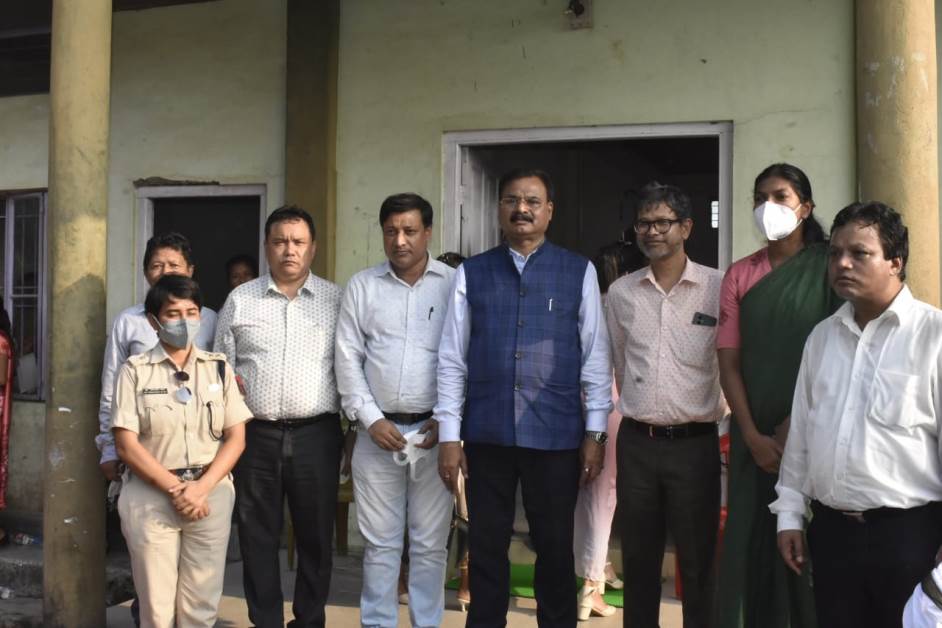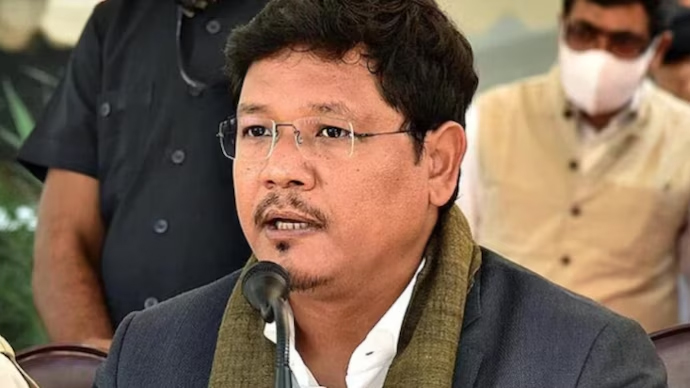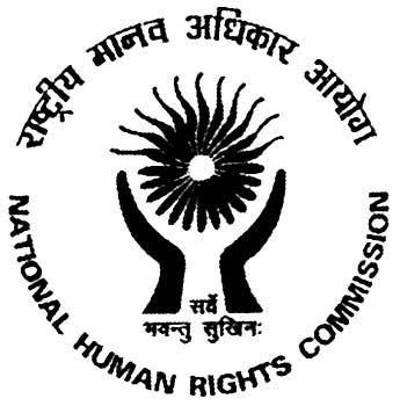Resolving to tackle the pervasive drug and narcotics crisis head-on, the Meghalaya government has decided to strengthen the presence of Village Defence Parties (VDPs) across the state
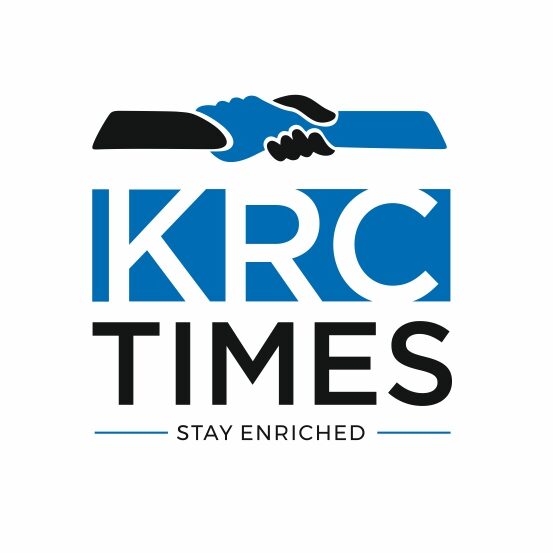 KRC TIMES NE Desk
KRC TIMES NE Desk
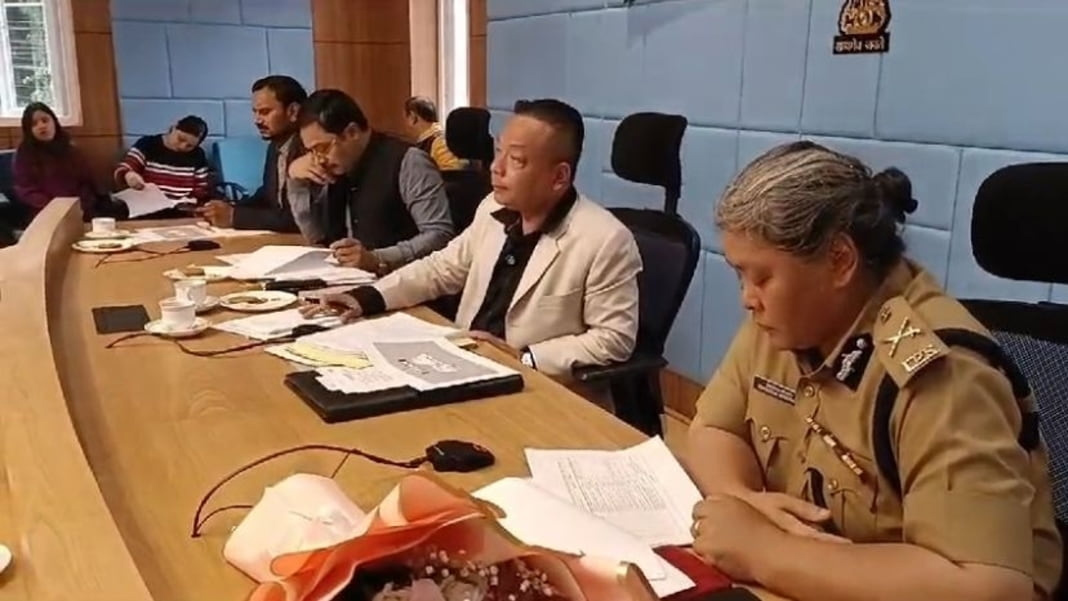
Resolving to tackle the pervasive drug and narcotics crisis head-on, the Meghalaya government has decided to strengthen the presence of Village Defence Parties (VDPs) across the state. This strategic move was decided during a high-level meeting chaired by Social Welfare Minister Paul Lyngdoh on May 28, attended by officials from various departments, including home, police, social welfare, and NGOs actively engaged in the fight against drugs.
Lyngdoh emphasised the need to revamp and reorganise the VDPs, particularly in identified hotspots, including the city of Shillong. He underscored the vital role of community involvement, stating, “To eliminate and eradicate the menace of drugs and narcotics, we need to broaden the involvement of civil society.”
The minister stated that recent interactions with local governing bodies, known as dorbar shnongs, revealed a consensus on their willingness to actively identify and address the drug crisis within their communities. Consequently, the discussions focused on empowering VDPs to tackle this pressing issue effectively.
Lyngdoh acknowledged the existing challenges, citing the dorbar shnongs’ concerns about their limited authority to identify and register accused individuals with the police. He affirmed the government’s commitment to enhancing community policing through the revitalized VDPs, which would receive adequate training to combat the drug menace.
Outlining the VDPs’ duties and functions, the minister stated their responsibilities include assisting the police in maintaining law and order, preventing theft, burglaries, and other unlawful activities, as well as preventing the commission of crimes – encompassing the fight against drugs.
Lyngdoh dismissed claims of insufficient government support, highlighting the funding provided for nine deaddiction centers and activities, citing the recent example of Mawlai, where the community’s efforts were fully supported through government funding for food, accommodation, and counseling services.
Promotional | Subscribe KRC TIMES e-copy


